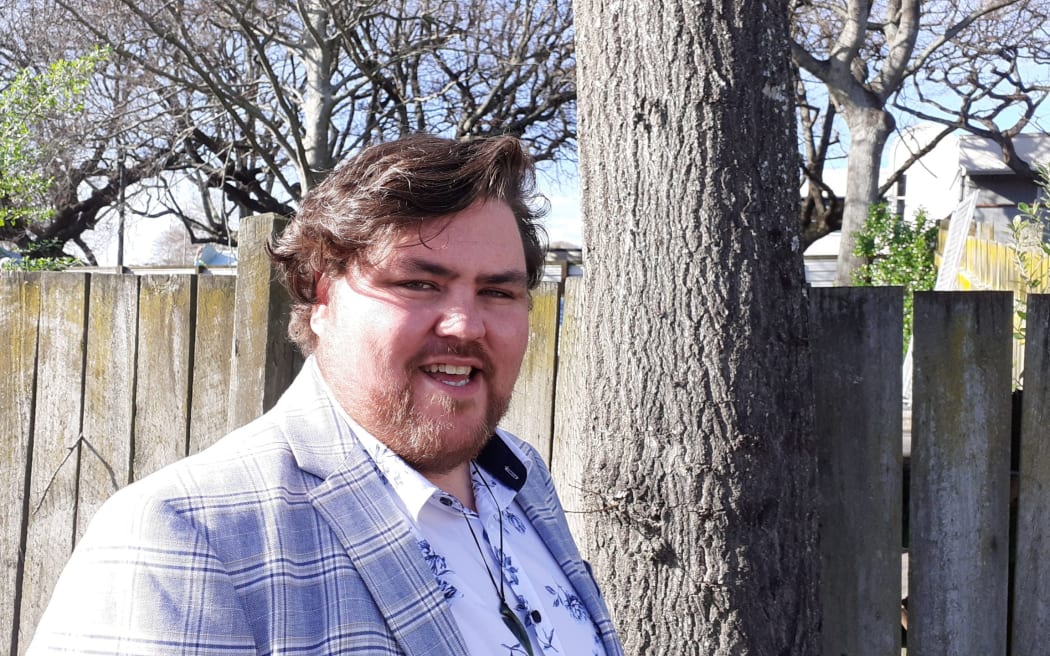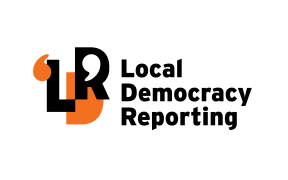A singer-songwriter and educator is throwing his hat into the ring for the Whanganui mayoralty.

Daniel ‘DC’ Harding has joined the race for the Whanganui mayoralty. Photo: Local Democracy Reporting/ Moana Ellis

Daniel ‘DC’ Harding was the second challenger to announce his bid to replace Hamish McDouall as the city’s mayor in October’s local government election.
Management consultant Andrew Tripe was also running against McDouall, now in his sixth year as mayor after being elected unopposed for a second term in 2019.
Harding, 37, is of Ngāi Tahu descent but was raised in Whanganui.
In 2014, the former Whanganui UCOL music lecturer won the award for best male pop artist at the LA Music Awards in Los Angeles, a fee-based awards programme based on an international online competition. He was also nominated for best pop song.
He said the council’s greatest opportunities in the next three years would be investment in youth spaces to promote innovation, inclusion and wellbeing; investment into technology and infrastructure; and developing and growing tourism to stimulate more growth and better job opportunities.

Harding said the city’s 10-year plan should be more innovative, and as mayor he would prioritise delivering wellbeing outcomes for young people and revitalising the local market for international student education and training.
Attracting more international students to the city would drive revenue into the local economy, he said.
Harding, who was also running for a council seat, said he would advocate strongly to introduce a Māori ward. Māori seats would support voter turnout and better engagement in the democratic process.
“I think Māori wards need to be part of this system simply because people who are not Māori aren’t necessarily going to advance kaupapa Māori.
“Even if Māori wards weren’t to be created, I would want to ensure that the voice of iwi is at the table at all times. Part of my run is to support having mana whenua at the table.
He said Māori views were too often only being included in strategies and planning as an afterthought.
“Too often we see organisations saying they have great relationships with iwi, but actually they start from a te ao Pākehā point of view, not a te ao Māori worldview. I’m tired of people building a project and then sprinkling Māori over it and thinking that’s enough. It just isn’t.
“Having Māori at the table from a strategic point of view through to completion is really important. Māori issues, Māori challenges, can only be solved by Māori in a Māori way. If you’re wanting the space to represent the aspirations of iwi, you need to start with that process.”
Te reo and tikanga Māori have a place in the council chambers, he said.
“They have a place at every table. It shouldn’t be something that people have to think about, it should be an innate and embedded process.
“I’d love to see waiata at the table. If we’re going to bring tikanga to the table, let’s bring tikanga to the table. The moment we open up a karakia at the council table, I’d love all of us to stand up and sing a waiata. I’d like to make karakia more representative of our community, and if voted in as mayor you’ll see that.”
Harding said his main message as a mayoral candidate was for people to vote.
“Every vote matters. If you want your voice to be heard, the best way to exercise that is to vote.
“If what people are saying doesn’t resonate with you, then stand in the election yourself. Be engaged.”
Local Democracy Reporting is Public Interest Journalism funded through NZ On Air